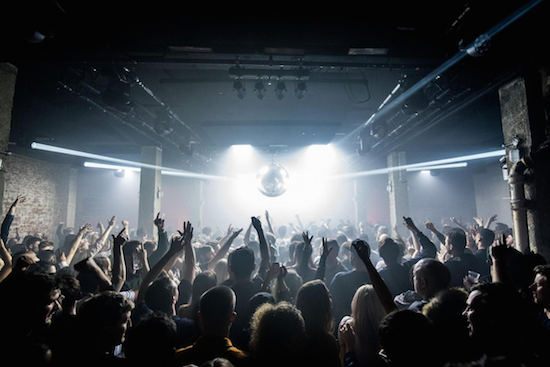Soaring inflation and the cost of living crisis in the UK has left almost half the nation’s nightlife businesses "unsure" of whether they will make it beyond the next year, according to stark new research carried out by the Night Time Industries Association (NTIA).
The organisation recently surveyed 200 businesses to find out how they are getting on as the UK continues to emerge from COVID-19-enforced lockdowns, and find itself in the midst of an economic crisis that is seeing food, drink and energy prices increase heavily. One of the many stark figures to have emerged from the research is that 48 percent of the 200 businesses reached out to have said they are "barely breaking even" – 20 percent of those also say they are frequently losing money as things stand.
Over half of the UK’s nighttime industry businesses are seeing a 30 percent increase in operating costs compared to pre-pandemic levels, according to the research. This is proving troublesome as businesses face increasing energy prices, increasing product costs, supply chain issues, soaring insurance premiums, and the possibility of having to pay back pandemic debts.
Reflecting difficulties faced across households in the UK currently, businesses surveyed who have recently renewed gas and electricity contracts have seen a 37 percent increase in energy bills. Many are also struggling to sell tickets for events, and get people through their doors, with 15 percent of the survey’s respondents saying they had lost as much as half of their pre-pandemic trade.
In a statement accompanying the NTIA’s research, the organisation’s CEO, Michael Kill, said: "These figures are extremely hard to ignore, the situation is worsening day by day, with operating costs becoming untenable. We are starting to see the impact on customers through slowing ticket sales, bookings and frequency of visits.
"Our industry is still extremely fragile, many will struggle to survive another crisis. Time is running out, the Chancellor must act now, and answer the calls from the industry to reduce VAT back down to 12.5 percent, and [introduce] an energy cap for SME businesses."
Find the organisation’s full findings from its recent survey here.


